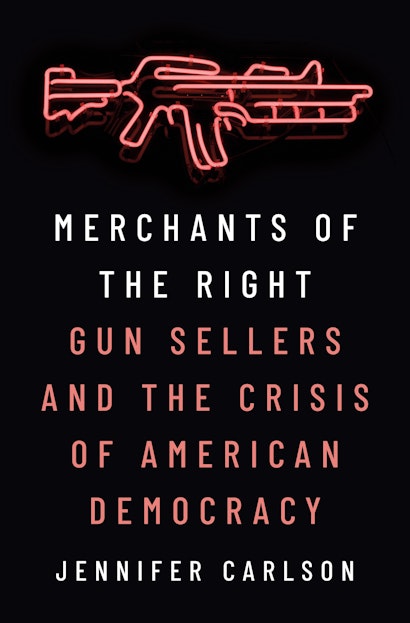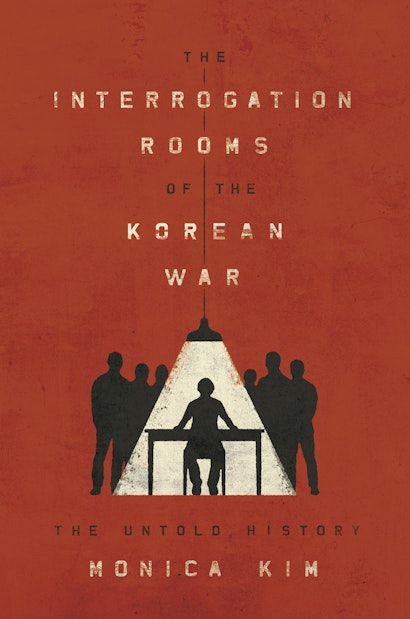Two Princeton University Press authors—sociologist Jennifer Carlson and historian Monica Kim—are among the 25 individuals named as 2022 MacArthur Fellows.
Jennifer Carlson’s ethnographic research focuses on better understanding the nuances of gun culture within the United States. Through interviews with gun owners, educators, and sellers; law enforcement; and state licensing bodies, she works to elucidate the decisions and values that drive the market for, and use of, firearms in the U.S. Carlson is an associate professor at the School of Sociology and the School of Government and Public Policy at the University of Arizona and is the author of two PUP books, Policing the Second Amendment: Guns, Law Enforcement, and the Politics of Race (2020), which shows how the politics of guns cannot be understood—or changed—without considering how the racial politics of crime affect police attitudes about guns, and the forthcoming Merchants of the Right: Gun Sellers and the Crisis of American Democracy (May 2023), an eye opening portrait of the gun sellers who navigated the social turmoil leading up to the January 6 Capitol attack.
Monica Kim is a historian of U.S. foreign policy, focusing on the intersections of military intervention, decolonization, and individual rights, in a global setting. She is an associate professor and the William Appleman Williams & David G. and Marion S. Meissner Chair in U.S. International and Diplomatic History at the University of Wisconsin at Madison. With PUP, Kim is also the author of The Interrogation Rooms of the Korean War: The Untold History (2019), which demonstrates how the Korean War evolved from a fight over territory to one over human interiority and the individual human subject, forging the template for the US wars of intervention that would predominate during the latter half of the twentieth century and beyond.
The MacArthur Fellows program, colloquially known as “Genius Grants,” awards no-strings-attached research funding to “talented individuals who have shown extraordinary originality and dedication in their creative pursuits.” This year’s fellows each receive $800,000 to support five years of research.


